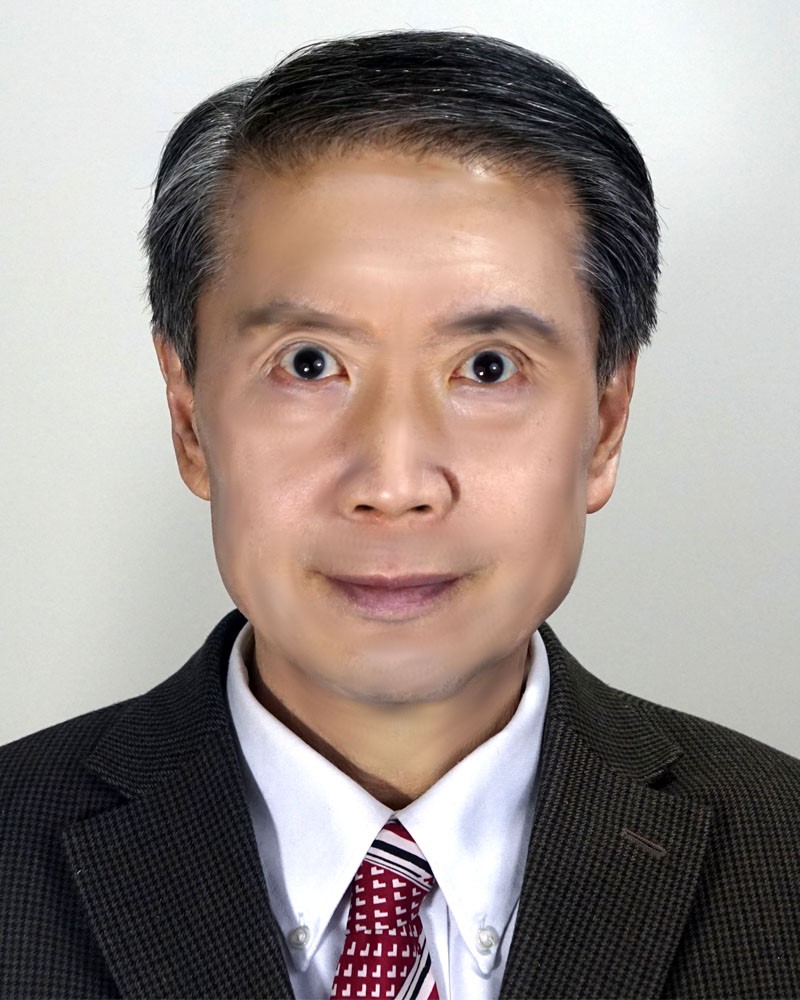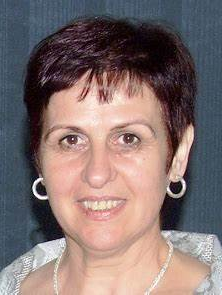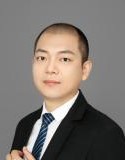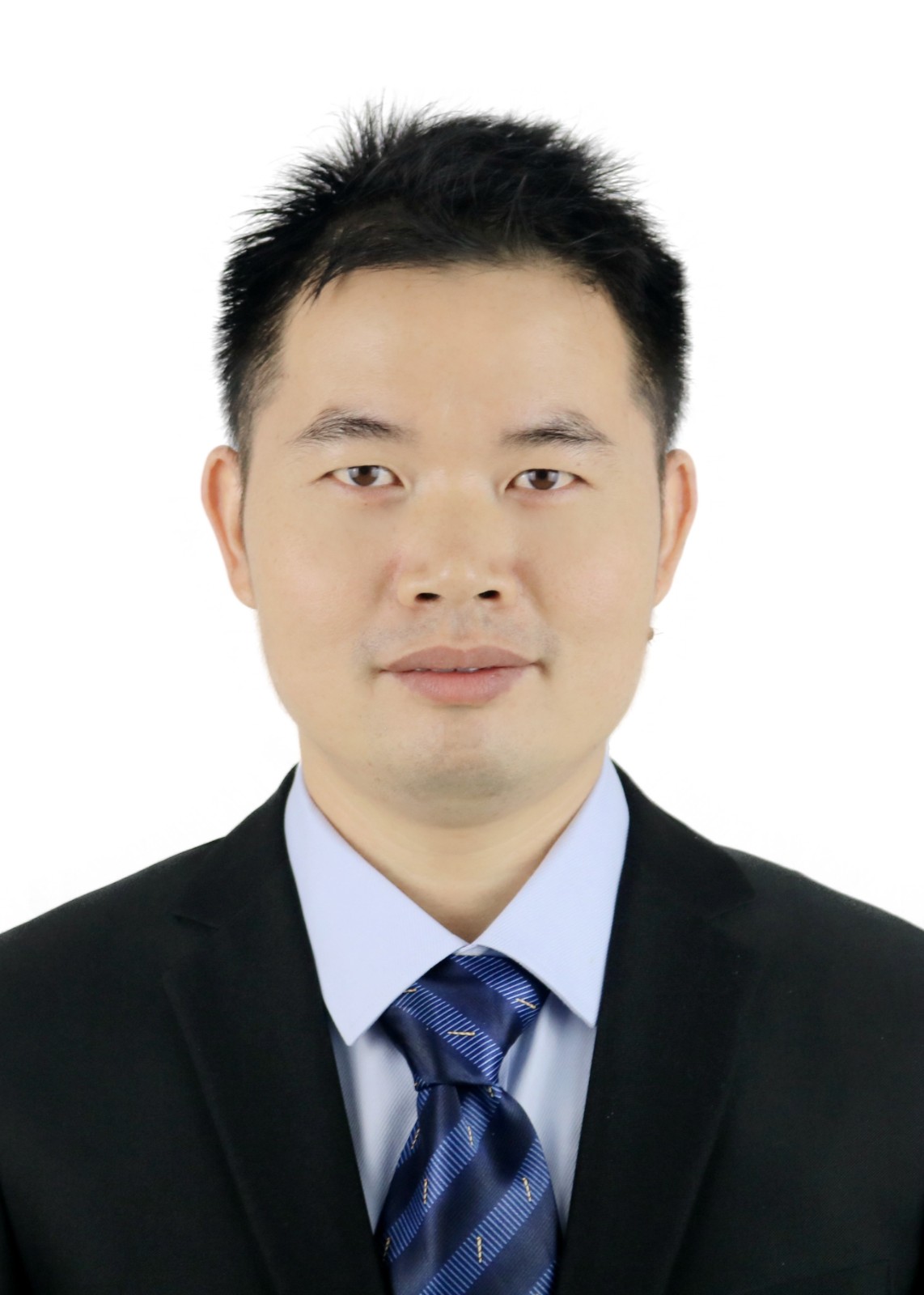- ACIIBD 2025 -

Prof. Juyang Weng
Brain-Mind Institute and GENISAMA, USA
(IEEE Life Fellow)
BIO: Prof. Juyang Weng received a BS degree from Fudan University, in 1982, M. Sc. and PhD degrees from the University of Illinois at Urbana-Champaign, in 1985 and 1989, respectively, all in computer science. He is a former faculty member of the Department of Computer Science and Engineering, faculty member of the Cognitive Science Program, and faculty member of the Neuroscience Program at Michigan State University, East Lansing. He was a visiting professor at the Computer Science School of Fudan University, Nov. 2003 - March 2014, and did sabbatical research at MIT, at Media Lab Fall 1999 – Spring 2000; and at the Department of Brain and Cognitive Science Fall 2006-Spring 2007 and taught BCS9.915/EECS6.887 Computational Cognitive and Neural Development during Spring 2007. Since the work of Cresceptron (ICCV 1993) the first deep learning neural network for a 3D world without post-selection misconduct, he expanded his research interests in biologically inspired systems to developmental learning, including perception, cognition, behaviors, motivation, machine thinking, and conscious learning models. He has published over 300 research articles on related subjects, including task muddiness, intelligence metrics, brain-mind architectures, emergent Turing machines, autonomous programming for general purposes (APFGP), Post-Selection flaws in “deep learning”, vision, audition, touch, attention, detection, recognition, autonomous navigation, and natural language understanding. He published with T. S. Huang and N. Ahuja a research monograph titled Motion and Structure from Image Sequences. He authored a book titled Natural and Artificial Intelligence: Computational Introduction to Computational Brain-Mind. Dr. Weng is an Editor-in-Chief of the International Journal of Humanoid Robotics, the Editor-in-Chief of the Brain-Mind Magazine, and an associate editor of the IEEE Transactions on Autonomous Mental Development (now Cognitive and Developmental Systems). With others’ support, he initiated the series of International Conferences on Development and Learning (ICDL), the IEEE Transactions on Autonomous Mental Development, the Brain-Mind Institute, and the startup GENISAMA LLC. He was an associate editor of the IEEE Transactions on Pattern Recognition and Machine Intelligence and the IEEE Transactions on Image Processing.
Title of Speech: Post-Selection Misconduct Protocol in Two Nobel Prizes 2024 and a Holistic Solution
Abstract:This talk exposes that the Nobel Prize for Physics 2024 and the Nobel Prize for Chemistry 2024 use a Post-Selection protocol that has flooded the AI and machine learning field. It explains why the Post-Selection is an invalid protocol for experiments that suffers from three misconducts: (1) cheating in the absence of a test; (2) hiding bad-looking data; and (3) exaggerating the prediction accuracy. Finally, the talk explains that the Post-Selection suffers from the local minima problem among the 20 million-dollar problems, and the Developmental Networks provide a holistic solution to all the 20 million-dollar problems. More details are available in the IEEE CDS Newsletter Vol. 18, No. 4, 2024. https://www.cse.msu.edu/amdtc/amdnl/CDSNL-V18-N4.pdf

Prof. Valentina E. Balas
Aurel Vlaicu University of Arad, Romania
(H-index: 42)(IEEE Senior Member, IEEE CISMember)(ACM Member)
BIO: Valentina E. Balas (SM’07) received the Ph.D. degree in applied electronics and telecommunications from the Polytechnic University of Timisoara. She is currently a Full Professor with the Department of Automatics and Applied Software, Faculty of Engineering, Aurel Vlaicu University of Arad, Romania. She is the author of more than 190 research papers in refereed journals and International Conferences. Her research interests are in intelligent systems, fuzzy control, soft computing, smart sensors, information fusion, modeling, and simulation. She was the General Chair of the International Workshop Soft Computing and Applications from 2005 to 2016 held in Romania and Hungary. She is the Editor-in Chief of the International Journal of Advanced Intelligence Paradigms and the International Journal of Computational Systems Engineering, an Editorial Board member of several national and international journals and is an expert evaluator for national and international projects. She participated in many international conferences as Organizer, Session Chair and a member of the International Program Committee. She is a member of EUSFLAT, the ACM, TC–Fuzzy Systems (IEEE CIS), TC–Emergent Technologies (IEEE CIS), TC–Soft Computing (IEEE SMCS). She was a recipient of the Vice President (Awards) of the IFSA International Fuzzy Systems Association Council from 2013 to 2015. She is a Joint Secretary of of the Governing Council of Forum for Interdisciplinary Mathematics - A Multidisciplinary Academic Body, India.

Prof. Zheng Gong
South China Normal University, China
BIO: Zheng Gong is currently working at the Department of Computer Networks and Information Security, South China Normal University, as a professor and doctoral advisor. He is a senior member of the Chinese Cryptography Society. He has co-designed the white-box block cipher matrix library WBMatrix, the white-box oriented block cipher algorithm SWAN, the lightweight block cipher algorithm KLEIN, and the lightweight message authentication code TuLP, among others. He has led or participated in over 10 research projects in cryptography and information security, including projects funded by the joint fund of the NSFC-General Technology Basic Research, the 173 Basic Strengthening Plan Technical Field Project, the National Natural Science Foundation of China (including general and youth projects), the National Cryptography Development Fund under China's "13th Five-Year Plan" by the National Cryptography Administration, and the Applied Technology Research and Development Special Project of Guangdong Province. Gong was selected for the Guangdong Special Support Program for Training Leading Talents in Technological Innovation (6th batch) in 2022, the Outstanding Young Teachers Training Program of Guangdong Higher Education Institutions in 2014, and the Guangzhou Pearl River Science and Technology New Star Talent Program in 2014.
Title of Speech: White-Box Cryptography: Systematic Overview and Recent Progresses
Abstract: White-box cryptography, first proposed by Chow et al. at the SAC 2002 conference, establishes a fundamental principle: through white-box cryptographic techniques, cryptographic algorithms can maintain user keys secure against attackers even when their software implementations and runtime environments are fully exposed. This talk reviews the current state of white-box cryptography design and analysis. For two Maksing/Shuffling white-box side-channel defense schemes proposed in CHES and Eurocrypt 2021, we present the first practical breakthrough in analyzing high-order differential computation attacks. Furthermore, we demonstrate that even the combined use of Masking and Shuffling techniques cannot effectively counter such sophisticated differential analysis methods.

Prof. Nianyin Zeng
Xiamen University, China
BIO: Nianyin Zeng was born in Fujian Province, China, in 1986. He received the B.Eng. degree in electrical engineering and automation in 2008 and the Ph. D. degree in electrical engineering in 2013, both from Fuzhou University. From October 2012 to March 2013, he was a RA in the Department of Electrical and Electronic Engineering, the University of Hong Kong. From September 2017 to August 2018, he as an ISEF Fellow founded by the Korea Foundation for Advance Studies and also a Visiting Professor at the Korea Advance Institute of Science and Technology. Currently, he is a Professor with the Department of Instrumental & Electrical Engineering of Xiamen University. His current research interests include intelligent data analysis, computational intelligent, time-series modeling and applications. He is the author or co-author of several technical papers and also a very active reviewer for many international journals and conferences. Prof. Zeng is currently serving as Associate Editors for Neurocomputing, Evolutionary Intelligence, and Frontiers in Medical Technology, and also Editorial Board members for Computers in Biology and Medicine, Biomedical Engineering Online, and Mathematical Problems in Engineering.
Title of Speech: Research on Intelligent Visual Defect Detection Methods for Aero-engine Core Components under Complex Conditions
Abstract: Aero-engines, as highly complex precision systems, can suffer catastrophic consequences from minute defects in critical components like turbine and compressor blades. Traditional inspection methods often rely on manual expertise, suffering from low efficiency and high rates of missed/false detection. In contrast, AI-driven inspection offers non-contact operation, high precision, and automation potential, presenting a key solution to these bottlenecks. This report analyzes core scientific challenges and solutions for intelligent defect detection in aero-engines under complex and dynamic scenarios: (1) Addressing Data Limitations: Analyzing methods to process and enhance low-quality defect images captured in extreme environments, mitigating noise and overcoming insufficient labeled samples; (2) Overcoming Algorithmic Bottlenecks: Solving how to extract discriminative defect-related features from high-dimensional visual data to distinguish subtle, complex, and obscured defect features from complex background; (3) Resolving Deployment Constraints: Exploring lightweight, high-precision, low-latency defect detection under limited computational resources to achieve efficient performance trade-offs for in-line aero-engine quality inspection. Furthermore, the report introduces emerging technologies, discussing their industry-academia-research collaboration for intelligent aviation equipment maintenance.
